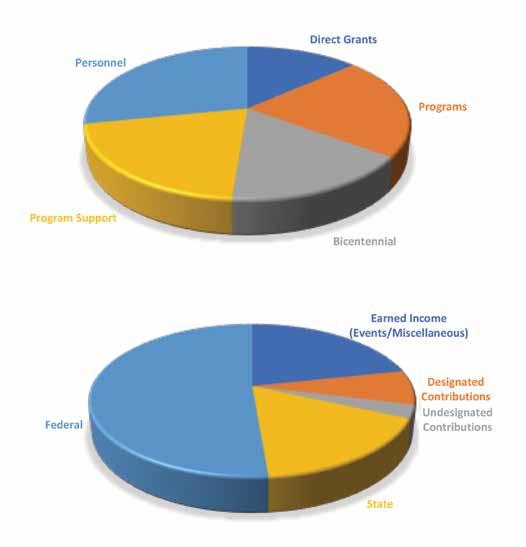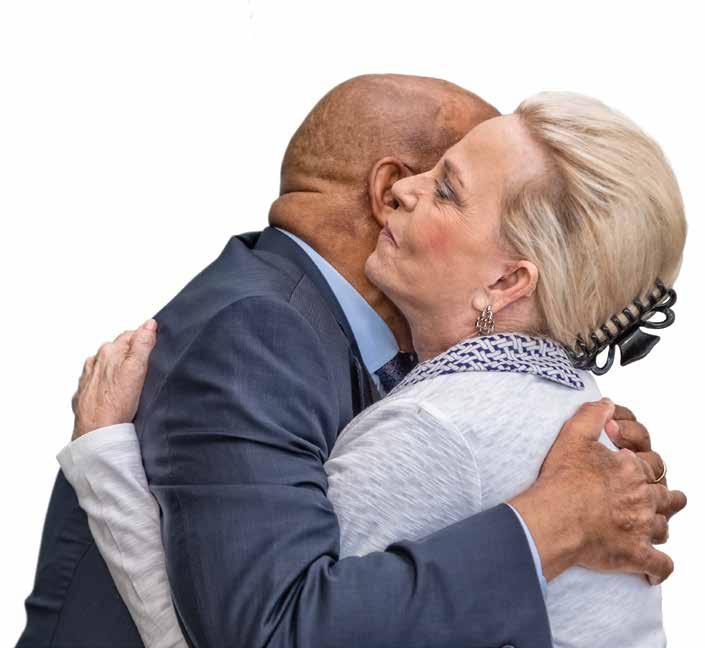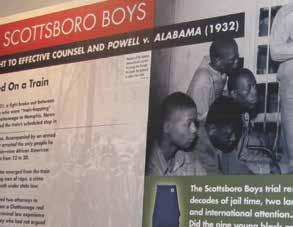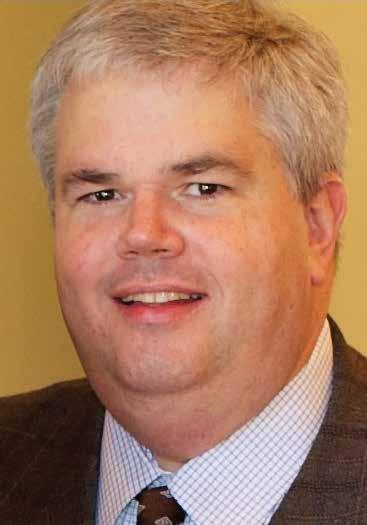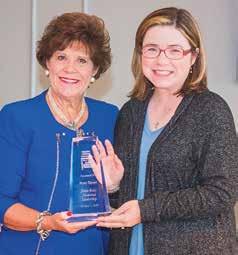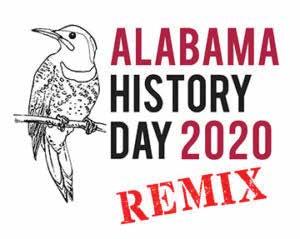Making the Humanities Connection during COVID-19
Humanities Connection
Our doors may be closed, but our minds are still open. The COVID-19 shutdown created a unique set of circumstances at Alabama Humanities Foundation. It was a time of transition, as the staff and incoming executive director, Dr. Lynn Clark, worked remotely to pivot programs online and shift events, like Alabama History Day, to virtual venues. Not all programs were able to adapt to the new formats. The Alabama Book Festival was postponed, and most Primetime Family Reading programs were called off as the libraries in which they were held closed. Remarkably, many AHF programs did find new life online, expanding their reach and relevance through new formats and online platforms. “As we adjust to our new normal, we are moving our programming online,” said AHF Program Director Melanie Bouyer. She is working with Road Scholars and speakers from the SUPER Teachers program to create original content online. “We desire to engage and connect with our constituents through a more meaningful and more profound experience than ever before through our online programming.” For example, Road Scholar Rebekah Davis takes “the lid off the bucket” to share the hundreds of messages begging for justice during the re-trial of the Scottsboro Boys, and in a different presentation, recipes from her historic cookbook. SUPER Teacher trainer, Melissa Mann, offers essential technology training to teachers with Technology Tool Box, and Valerie Pope Burns provides professional development on Women’s Suffrage as part of a rescheduled Law Day training. While online training is a viable alternative to in-person training, we often miss the interaction provided by real-time presentations or social media. Several programs at AHF will be using Zoom and social media to keep the discussion going. A virtual discussion led by Kevin Lee, will examine the new book, American Nations:
Programs are being delivered in Rebekah Davis new ways – book discussions, teacher workshops and other AHF services are being provided online and through video conferencing.
A History of the Eleven Rival Regional Cultures of North America by Colin Woodard through Zoom. Bouyer has even started a social media book club asking followers to post “what you are reading during quarantine” and start a discussion, as well as share COVID-19 photos with a brief description to capture the daily history that is being created by the quarantine. Within days of the statewide school closure, AHF Program Manager Jerald Crook was working to “Remix” Alabama History Day. On May 1, rather than presentations, performances and papers delivered to judges and peers, the whole process took place online. The contest, a preliminary for National History Day, was virtual, meaning all student projects were submitted online and judged remotely over the span of one to two days. “We even had a virtual awards ceremony on Monday, May 4,” said Crook. In addition to transitioning existing programs and events, the Alabama Humanities Foundation stepped into the COVID-19 crisis in two important ways. The first was as a recipient of the CARES Relief Funding to help support humanities organizations in Alabama through operational grants, and second as a virtual space that centers the humanities as essential to navigating our current crisis. AHF CARES: The Humanities Connection brings these two efforts together on the AHF website. The site offers access to concrete support for
Mosaic • Spring 2020 • alabamahumanities.org
21 21

